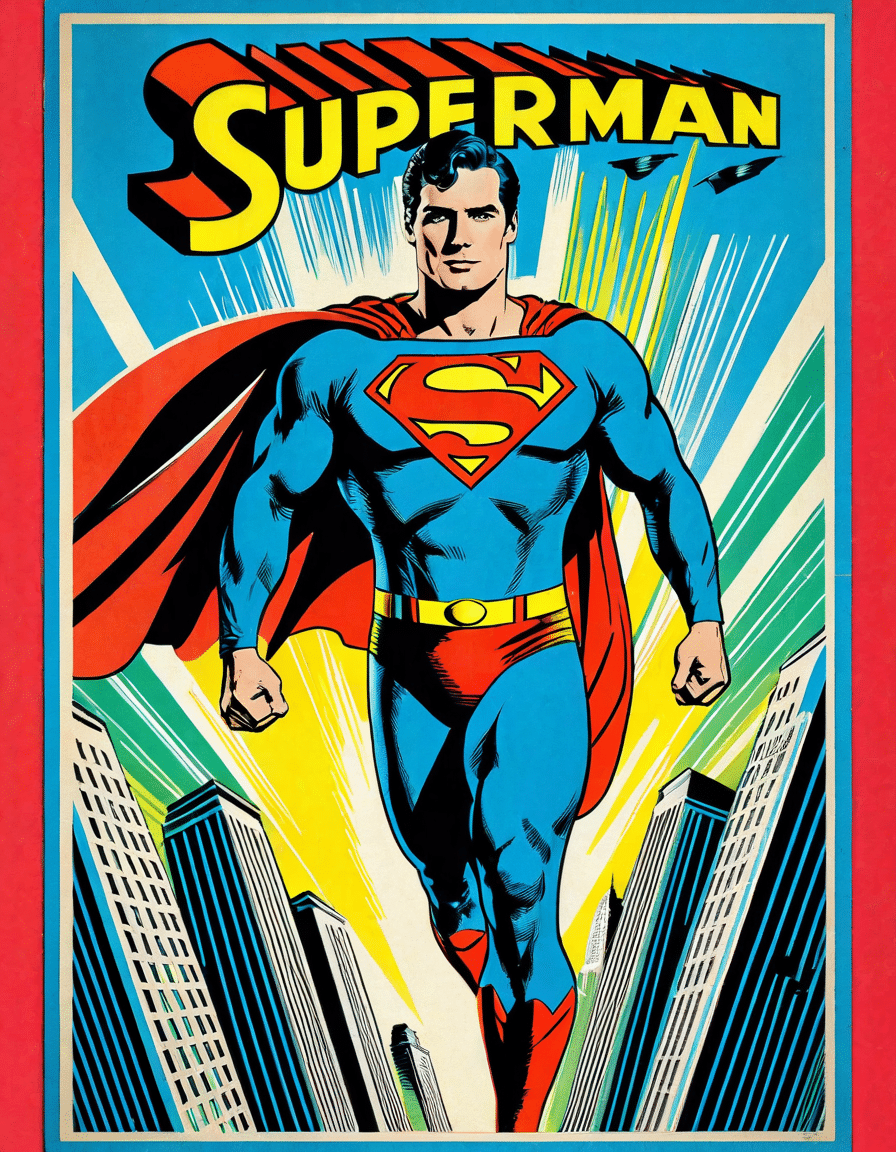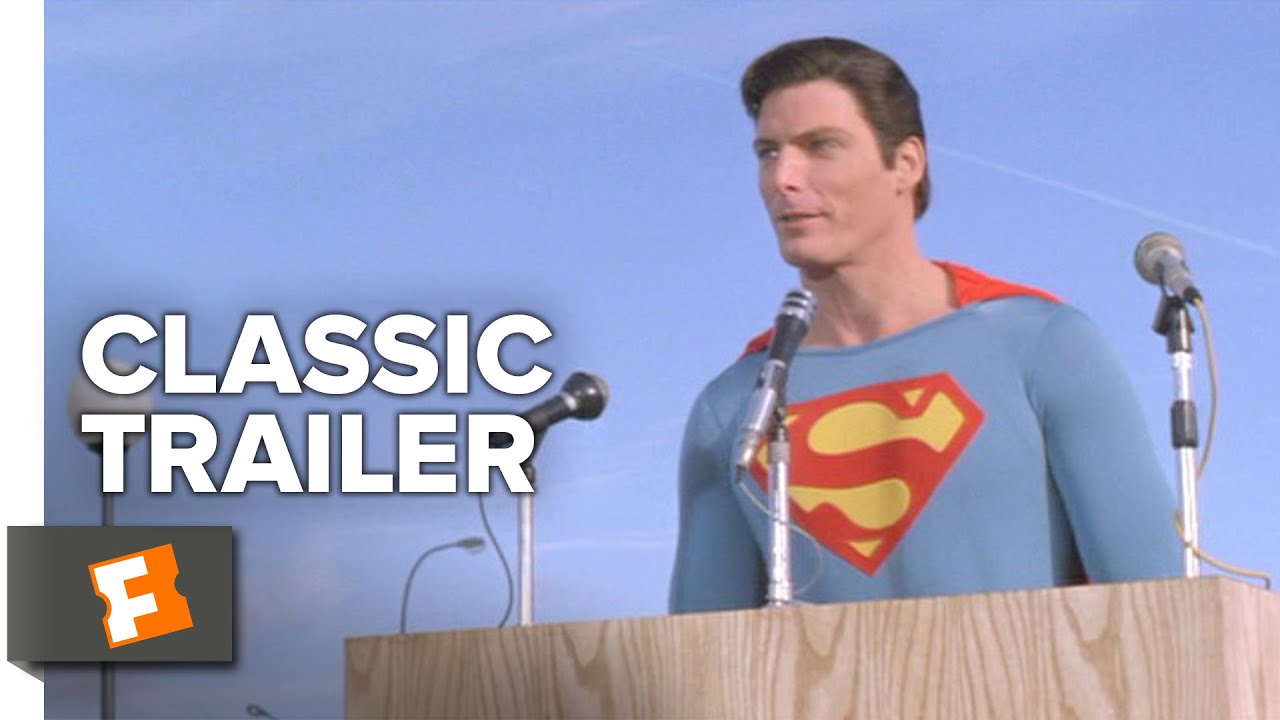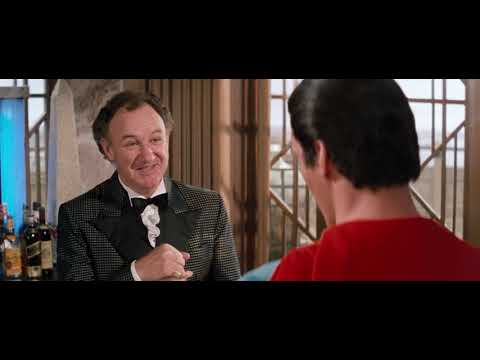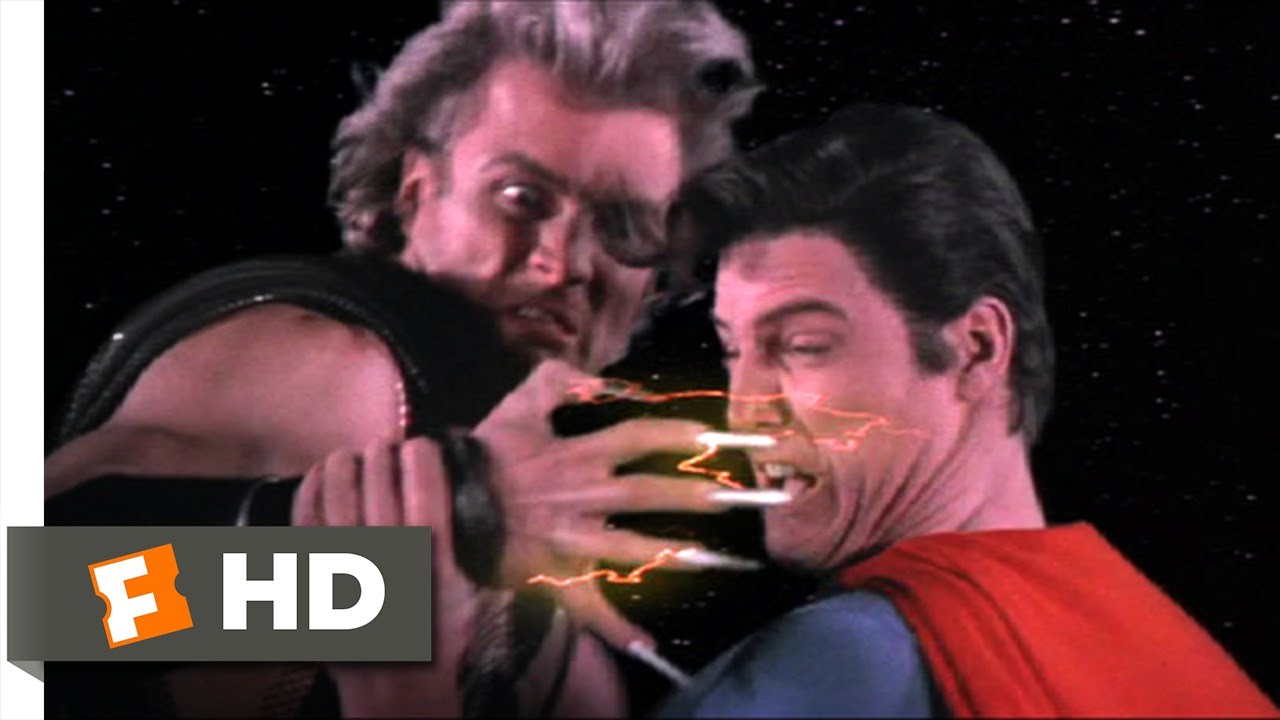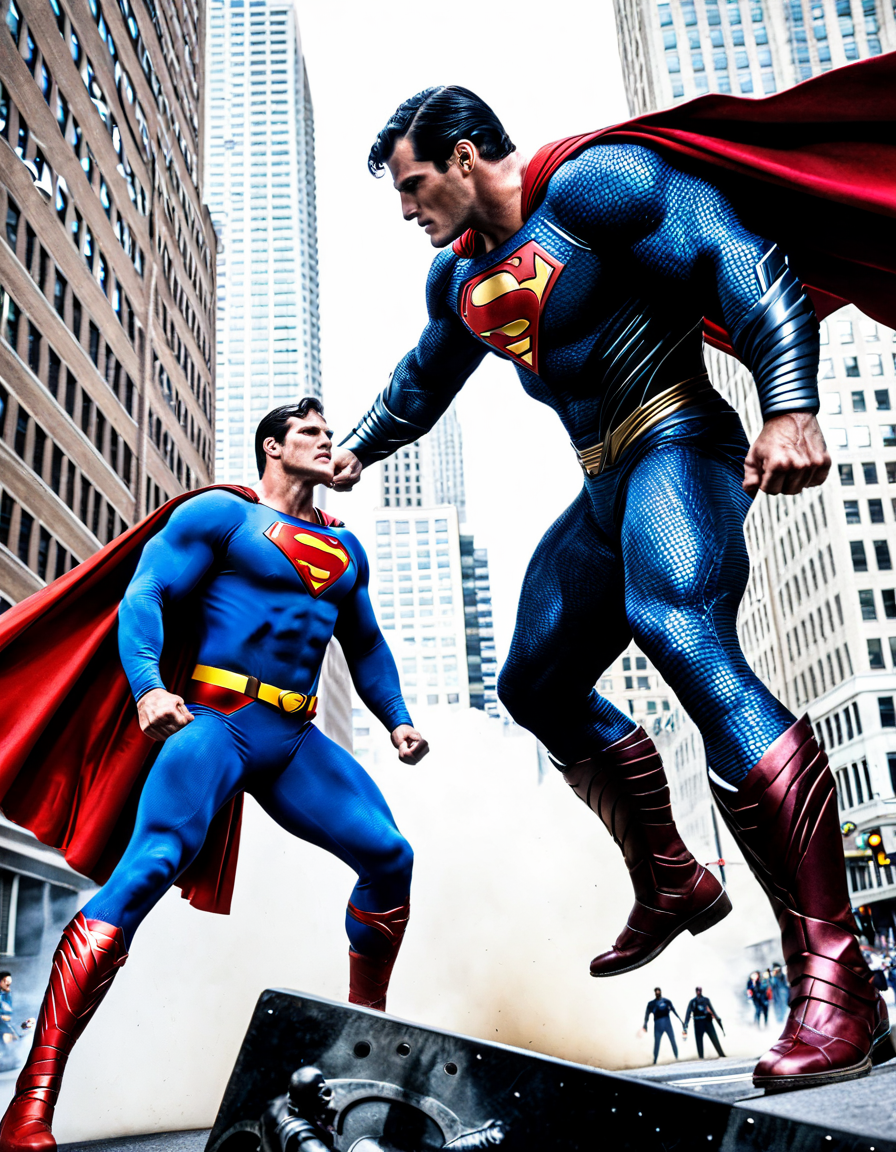
Superman 4 The Flawed Hero’s Legacy And Impact
Superman 4: The Quest for Peace, released in 1987, stands as a fascinating chapter in the Superman franchise’s history. Following the monumental successes of Superman 78 and Superman II, many fans held high hopes for this fourth installment. However, Superman 4 faced numerous challenges that hindered its success, both critically and financially. As a pivotal entry in the franchise, it reveals a unique perspective on the pressures the superhero genre experienced during the late 1980s, influencing its legacy for decades to come.
1. The Reception of Superman 4 in the Context of the Franchise
Upon its release, Superman 4 was met with a barrage of criticism, and for good reason. The film had a budget of just $17 million, which paled in comparison to its predecessors. Superman 78 had brought in revolutionary special effects, while Superman II expanded on that with grandeur. Superman 3, although criticized, still managed to pull in decent numbers, making Superman 4’s dismal box office performance even more shocking.
Critics panned the film for its lackluster script, dismissing its exploration of nuclear disarmament as overly simplistic. Viewers expected a deeper narrative akin to earlier installments but were instead met with a narrative that many felt resembled a public service announcement more than an engaging superhero film. The disappointing financial outcome of Superman 4 marked a significant turning point, leading to an extended hiatus for the franchise until the dawn of the 21st century.
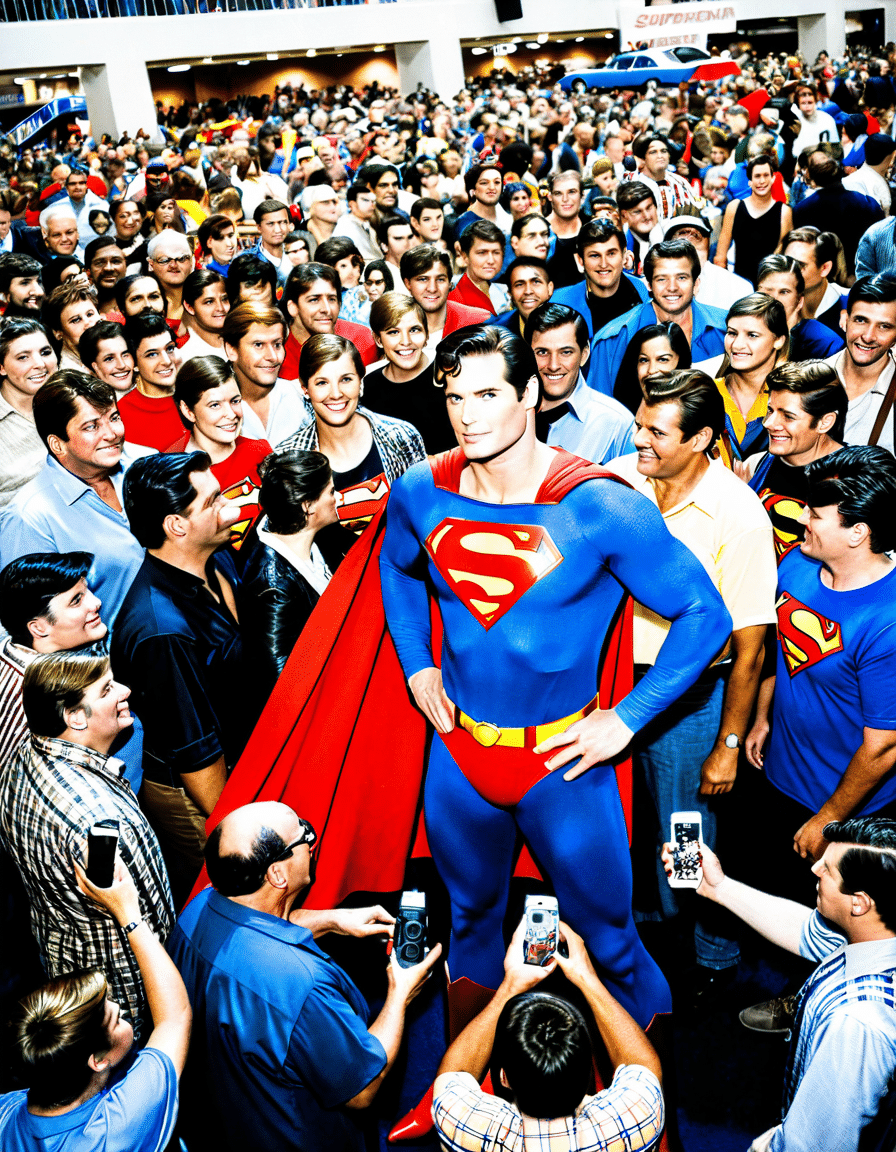
2. Top 5 Flaws of Superman 4: The Quest for Peace
2.1. Script and Storyline Issues
The screenplay of Superman 4 left much to be desired. Aiming for ambitious themes like nuclear disarmament, the film often slipped into preachiness. Critics and audiences alike found the narrative clunky, struggling to engage emotionally or intellectually. Instead of a riveting adventure, it felt more like a missed opportunity that glossed over the complexity of real-world issues.
2.2. Budget Constraints and Special Effects
Budget cuts also posed significant problems for the film. With the reduced budget, visual effects cost-cutting was evident, leading to subpar action scenes compared to the breathtaking feats of Superman 78. This lack of financial backing extended to its marketing campaign as well, with Warner Bros. opting to focus resources on more fruitful franchises like Batman, leaving Superman 4 floundering in its wake.
2.3. Underdeveloped Villains
Nuclear Man, played by Mark Pillow, fell flat as a compelling villain. Lacking the depth and complexity of Lex Luthor from Superman 78, Nuclear Man felt more like a placeholder than a true adversary for our hero. This deficiency in character development severely weakened the film’s conflict, making it hard for audiences to invest in the struggle between good and evil.
2.4. Tone and Direction
Director Sidney J. Furie aimed for a lighter tone, which felt at odds with the serious themes presented. A few attempts at humor fell flat, often overshadowing what were meant to be pivotal moments. Fans of the franchise appreciated the gravitas found in earlier films and found the tonal inconsistencies jarring, leading to a disconnect in how the story was presented.
2.5. Legacy and Cultural Impact
Despite its numerous flaws, Superman 4 did spark essential conversations. Issues like nuclear disarmament, though touched lightly, continued to resonate with audiences years later. Furthermore, the film’s impact inadvertently guided future superhero films into the modern era, as filmmakers learned from its errors, influencing series like the Marvel Cinematic Universe and even projects like Green Lantern 2. These reflections serve as a testament to how even flawed films can shape the cultural landscape.
3. Comparing Superman 4’s Legacy with Superman 78 and Superman III
Comparing Superman 4 with its predecessors sheds light on its troubled legacy. Superman 78 established a benchmark for superhero films, presenting a balanced mix of wonder and realism. Likewise, Superman III brought in comedy, drawing in a different audience and establishing its own niche. Superman 4’s struggles highlighted how challenging it was to maintain cohesion and relevance in a fast-shifting cinematic landscape.
The memorable elements of Superman 78 are something filmmakers look back on with admiration, while the whimsical touches of Superman III have earned it a cult following. Yet, Superman 4 lacks a defining identity, leaving it on the sidelines. Through this contrast, filmmakers today can learn valuable lessons in sustaining a franchise’s vision and maintaining audience engagement.
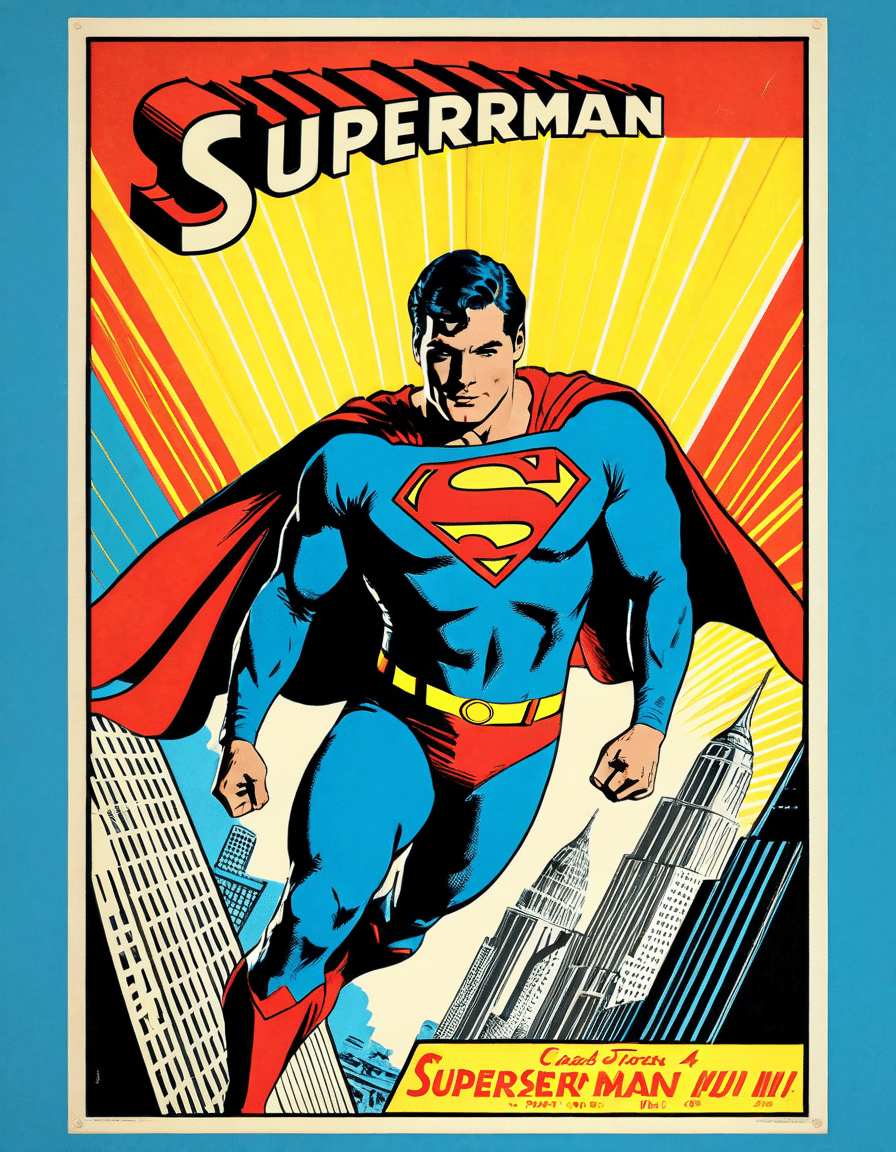
4. The Resurgence of Superman: Lessons from Superman 4
The setbacks of Superman 4 outline critical lessons for contemporary filmmakers. Any successful foray into blockbuster storytelling needs to strike a balance between theme and entertainment. The superhero genre is currently at its zenith, and filmmakers must take heed of their predecessors’ mistakes.
Recent films, like Joker (2019) or The Batman (2022), show a commitment to character-driven storytelling that addresses profound issues without alienating viewers. As superhero films continue to dominate box offices, it’s vital to blend thrilling visuals with meaningful narratives, presenting ideas that resonate with audiences around the world.
Wrapping Up: A Lasting Reflection on a Flawed Hero
Superman 4: The Quest for Peace may not be a cherished favorite among fans, but its missteps offer valuable insights into the evolution of superhero cinema. The film’s legacy prompts contemplation about how societal shifts and filmmaking trends impact audience perception. Despite the lack of acclaim, Superman 4 remains a reminder that even flawed heroes can leave a significant imprint on the cinematic landscape, serving as a pivotal chapter in the annals of superhero lore.
Superman 4: The Flawed Hero’s Legacy and Impact
Behind-the-Scenes Tidbits
Did you know Superman 4 was notorious not just for its story, but also for its budget troubles? The film suffered from severe financial constraints, leading to the infamous “nuclear man” scene that many fans consider a low point. Despite these issues, Superman 4 attempted to tackle social themes like nuclear disarmament and heroism, intertwining its plot with real-world concerns. Interestingly, the script was written by a former comic book writer who wanted to retain the essence of Superman while critiquing global politics. This juxtaposition of serious themes in a superhero flick creates an interesting dynamic and raises questions about the “flawed hero.” It turned out to be somewhat of a compulsive liar when it came to delivering a coherent narrative.
Legacy and Cultural Impact
While Superman 4 earned its fair share of criticism, it left a mark on pop culture and the superhero genre. Released in 1987, it contributed to a growing awareness of how comic book films could address pressing social issues, albeit clumsily at times. Its ambition can be compared to the vibe of Senora, which also explores deep themes through an accessible lens. Furthermore, critics have revisited the film over the years, often applauding its attempts at social commentary despite its execution shortcomings. This kind of retrospective lens on Superman 4 mirrors the way audiences have recently embraced films like Fem, which also delve into heavy subject matter through a popular medium.
Fun Facts and Trivia
Here’s a fun nugget for you: Christopher Reeve famously performed many of his own stunts, even in scenes like the climactic battles. This dedication adds a layer of authenticity, even if the special effects didn’t quite hit the mark—think Crackers level of chaotic charm. Moreover, did you know that the film’s director, Sidney J. Furie, had previously directed the first superhero effort of the modern era with The Iron Eagle? This makes his take on Superman all the more significant, suggesting a budding interest in heroism well before the genre exploded. Furthermore, fans might be interested to learn that a screenplay was once written for a Minecraft movie release date, showcasing how diverse storytelling can be, similar to the varied tones attempted in Superman 4.
In an amusing side note, you might have heard rumors around the time of release involving Lisa Rinna in risqué scenes, causing a splash in the tabloids, and perhaps overshadowing the film’s actual depth. Ultimately, Superman 4 serves as a reminder that even flawed heroes can spark conversations about justice, truth, and what it means to be heroic in a complicated world.
